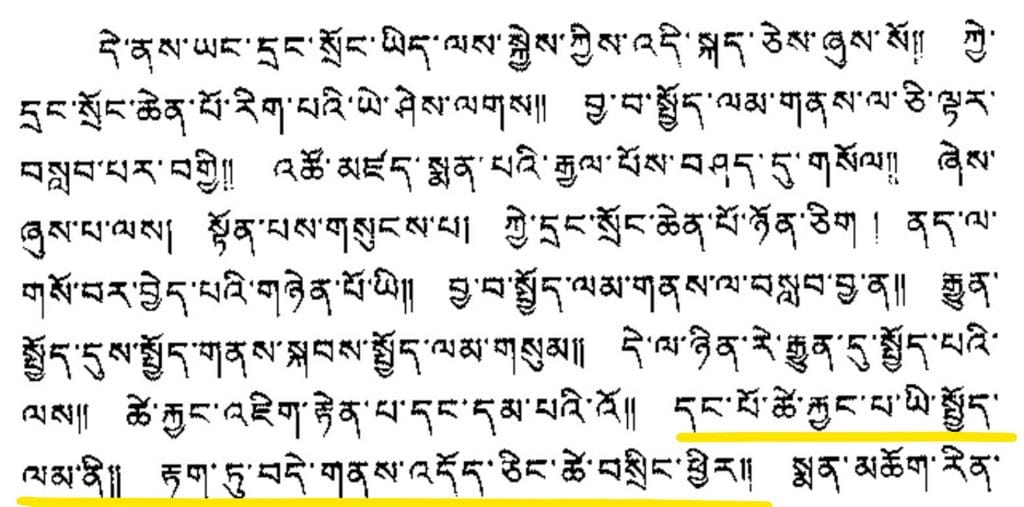This past weekend I had a great time meeting with the Holistic Moms Network, Montgomery County Chapter, over Zoom, to talk about what Traditional Tibetan Medicine says about immune system maintenance. For the many unable to join the talk, I thought I’d compose a short summary of the information that was shared.
- Dr. Ringzin Dorje
- Dr. Phuntsog Wangmo
- Dr. Tenzin Dakpa
First and foremost, I briefly paid homage to my teachers of Tibetan Medicine. These individuals were most influential on my path of exploring this elegant system of healing: Dr. Ringzin Dorje, Assistant Professor of Medicine at Qinghai University Tibetan Medicine College, my co-author The Tibetan Phrasebook, 2018, and principal clinical advisor; Dr. Phuntsog Wangmo, co-founder of the American Tibetan Medicine Association (ATMA) and International Director of the School of Tibetan Medicine, with campuses in the US, Russia, and Tenerife, Spain; and Dr. Tenzin Dakpa who graduated first in his class at the prestigious Men Tsee Khang School of Tibetan Medicine, and went on to be a celebrated physician and author.
The concept of immunity in Traditional Tibetan Medicine doesn’t actually exist in the same way as it does in Western biomedicine–there is no direct analog for a separate system in your body whose only job is to keep you healthy. However, there are references throughout the canon of Tibetan Medicine to various practices to “prolong one’s life and achieve health and comfort, permanently,” I’ve thus made use of those precepts, distilling them into the following 3 categories:
“From the perspective of Traditional Tibetan Medicine, immunity can be thought of as the ability to maintain a balance of the mind and body’s faculties amidst the vicissitudes of life.”
-EzDean Fassassi
I. The Mind
Our thoughts are the basis for our actions and speech. If our goal is to achieve the aforementioned perpetually healthy state, then it must begin and end with a healthy mind. What is a healthy mind? According to Tibetan Medicine, a healthy mind is one that recognizes the true nature of the Self, Consciousness, God, All That Is, or whatever you’d like to call the Divine. This mind has conquered the very prerequisites of disease–eliminating the presence of the three humors that make up our phenomenological existence–enjoying a perpetual state of psychological and physiological balance.
Short of attaining that state of clarity, that Buddha nature, what then can one do to bolster the immune system and remain healthy?
Strive towards that state of clear recognition by doggedly keeping a positive perspective, establishing ideals, and acting, speaking, and thinking in integrity. Similarly, it is important to recognize your worthiness. You are worthy of being healed; disease is not your identity, even if you’ve had it for your whole life; and age does not equate to inevitable morbidity. Choose to be healthy; choose to live long, and choose to love and respect yourself.
“The innumerable causes and conditions that disturb the balanced state of health give rise to the innumerable forms and natures of disorders, which affect the body as a whole. It is impossible to reveal each and every cause for each and every disorder, however it can be said that the general cause of all disorders is Ma-rig-pa (lit. non cognition), which does not understand the intrinsic reality of Self. For instance, no matter how high the bird may soar in the sky, it is never separated from its own shadow. Similarly, though all sentient beings live in health and harmony, so long as non-cognition persists, it is impossible for them to be separated from disease.”
— The Secret Transmission on the Eight Branches of Immortality
II. The Diet
Eat real food, and not overly processed foodstuffs or non-natural food-like substances. Eat balanced meals and snacks. The most effective way to balance your meals is by using naturally-occurring colors. Each color represents different groups of vitamins, minerals, and co-factors found in nature that your body also needs to properly function; vary these colors and you will also be availing the body of the diverse array of nutrients found in nature.
There is no single diet for everyone because everyone is different. However, a good diet is always balanced, in appropriate measure, and includes all of the elements needed for the body to properly function.
III. Lifestyle
A lifestyle that promotes strong immunity is one that includes a reasonable amount of physical activity and regular positive sensory stimuli. In other words, exercise regularly and, if possible, try exposing yourself to positive sights, sounds, and smells so that your thoughts may become the same. Carefully and consciously curate your news intake, your social media streams, and all media as a whole. Beware of consuming programming that makes you sad or anxious; rather, choose alternative programming where you can stay informed but that also offers some levity, or even just makes you laugh. Incidentally, many Americans choose to get their news from comedians, like Trevor Noah, John Oliver, and others like them–this is not an accident, as many have intuitively understood that this is much more pleasant and healthful.
Entrain the mind with mantras, affirmations, uplifting music, or whatever else is needed to consistently establish a positive and optimistic perspective. The mind is the builder. The three aspects of immune maintenance mentioned in this blog post intersect with one another, as they are holistic parts of an unindividuated circle of wellness, and not separate and discreet elements. Develop a growth mindset and choose to develop yourself physically, mentally, and spiritually.
Through the efforts of maintaining a healthful diet and lifestyle, we balance the humoral energies that make up our bodies. When we have strong immunity, we’re like a skilled trapeze artist able to remain on the tight rope and carry on despite occasionally vacillating to the left and right, needing to pause and regroup or shuffle forward.
I hope that this summary was helpful. If you’d like an elaboration on these topics please consult my latest book, The Eight Principles of Good Health, available on Amazon in multiple formats.








